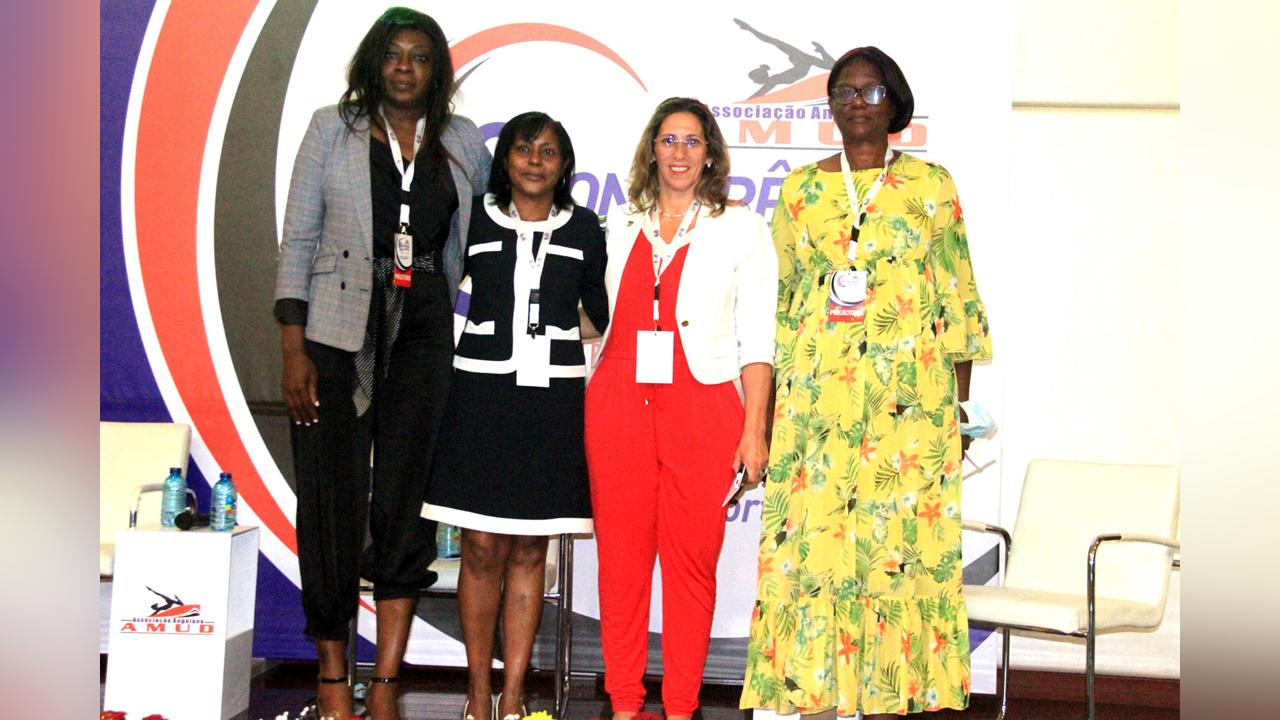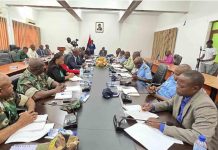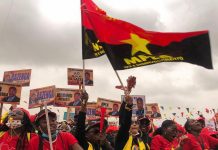Africa-Press – Angola. Former members of the national teams expressed (Friday), in Luanda, the strong possibility of reconciling the practice of sport, motherhood and family, despite the difficulties faced by Angolan women.
When speaking at the Round Table II on the aforementioned topic, within the scope of the third conference of the Angolan Association for Women and Sports (AMUD), the participants were unanimous in recognizing the existing obstacles, but which, when well articulated, can coexist and result in personal successes , clubs and the country, in the case of national teams.
Former basketball player and doctor Manuela Oliveira, after giving the testimony of her personal trajectory, said that it was a little difficult to talk about the woman, due to the lack of more scientific studies, but that the practice of sport by gender results in great health benefits , as long as there is an understanding of the inherent aspects.
The specialist, who made a brief incursion on the physiology of women, highlighted the menstrual cycle and its influence on the performance of the practitioner, which should be the domain of coaches, country and leaders.
In addition to motherhood and the family, the need to analyze the athlete’s hormonal aspects, acceptance, consensus, among aids, conciliation with academic training and respect for the sports calendar, also deserved attention from Manuela Oliveira.
In turn, Maria Barbosa “Manú”, who also described a basketball career marked by difficulties and successes, the latter in winning the 1st African women’s title for the country, as a manager, specified her condition of motherhood in 1993, the conciliation of practitioner and the legacy to his daughter, currently a player in Europe and a member of the National Team.
The director referred that the realization of the aforementioned assumptions was only possible thanks to the understanding and support on the part of the family, coaches, managers and other people.
Identical position was expressed by the former swimming international, Nádia Cruz, who likewise narrated her sporting career, from an early age, influenced by her father, at the time volleyball coach, Gustavo Cruz, as well as other teachers.
The swimmer also expressed her feeling of motherhood and conciliation with sports.
She also admitted that she had already influenced her son to take up sports and expressed her desire to see women’s working time reduced, so that they could become more involved in this healthy activity.
The presentation by the former “stars” was preceded by an intervention by the president of AMUD, Justina Praça, who spoke about the “Role of the institution in boosting women in sport, followed by the oratory of professor Mayomona Nzita, who gave some explanations of the Program awarding Olympic scholarships.
The trainer from the Olympic Academy called on the country’s sports federations and others to make better use of the opportunities given by the Angolan Olympic Committee (COA), through the international body (COI), with regard to training scholarships for athletes, coaches and managers.
All the proposed topics were reasons for comments, questions and answers by the lecturers and moderators.
The magnificent meeting, with the participation of more than a hundred guests and a range of national and foreign speakers, highlighting the president of the Cape Verde Olympic Committee, Filomena Fortes and her fellow host, Gustavo da Conceição.
Among the topics reserved for the morning, the Minister of MASFAMU, Ana Paula do Sacramento Neto, addressed the theme “Gender equality policies and alignment with the objectives of sustainable development”.
This was followed by the first round table on “Obstacles and challenges overcome throughout a sports career and its insertion in society”.
This panel had the testimony of several individuals, such as Palmira Barbosa (minister of MINJUD) and José Armando Sayovo (former athlete of adapted athletics).
The AMUD conference will run until Saturday under the motto “Inspiring Young Women to Practice Sport”.
For More News And Analysis About Angola Follow Africa-Press






